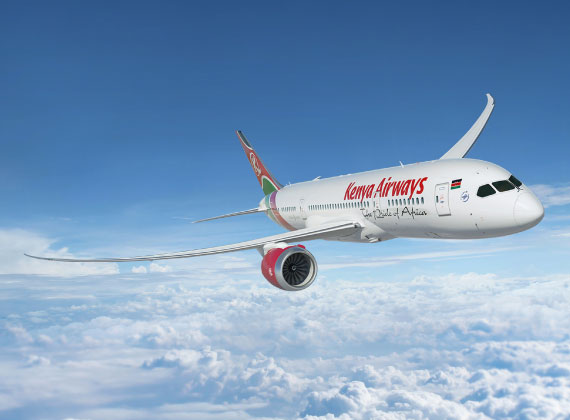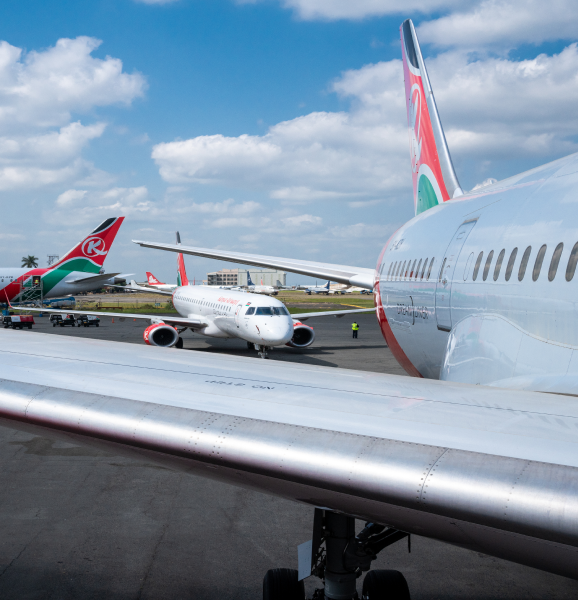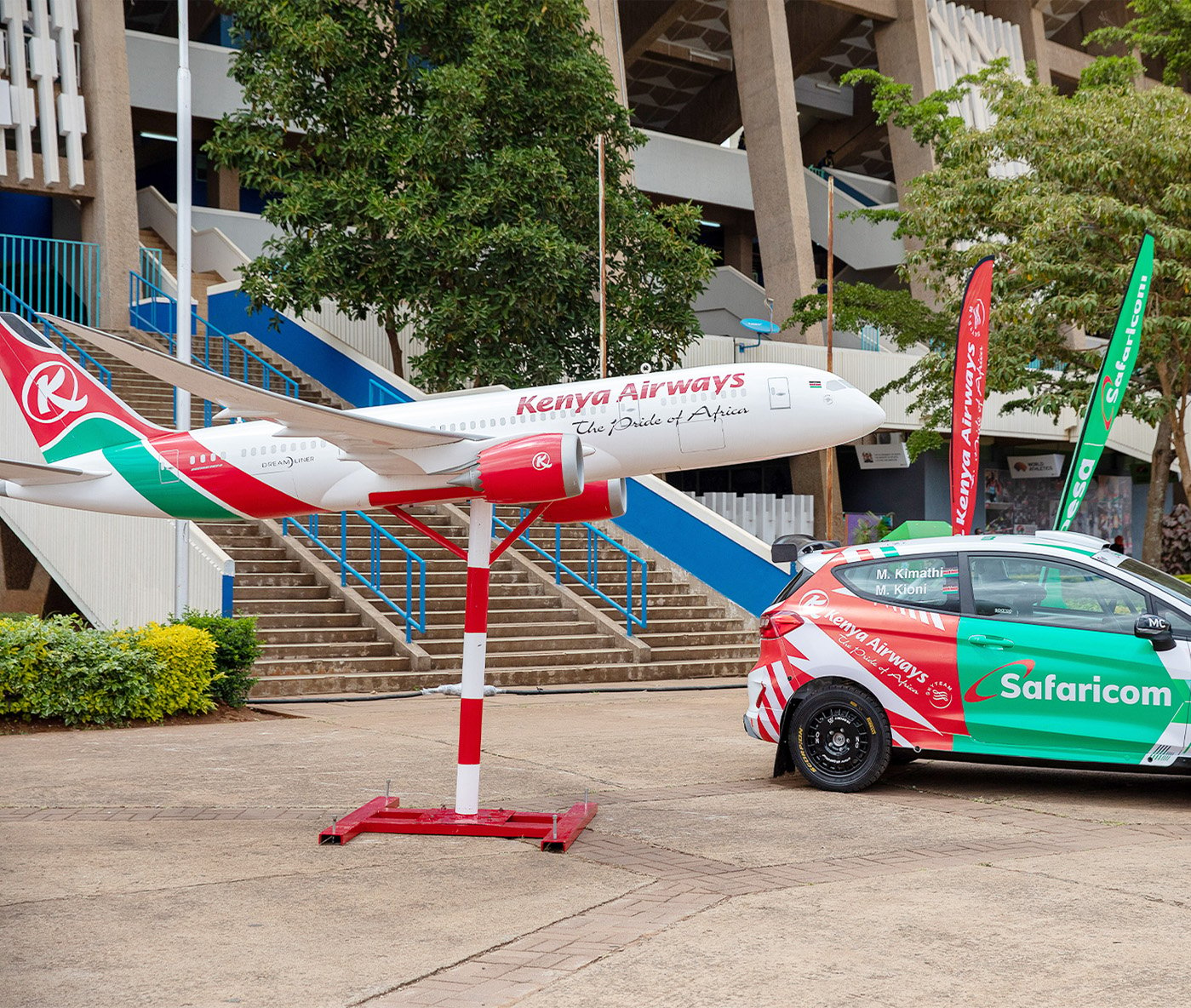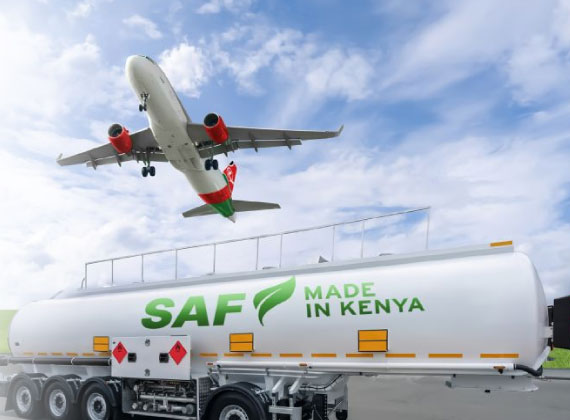
How you can take part
How you can take part
Add SAF to your booking (available from 2027)
On select routes you’ll be able to add a voluntary SAF contribution at checkout. We’ll allocate certified SAF to our network and email you a confirmation showing the funded volume and an estimated CO₂ reduction.
Corporate SAF (for businesses)
If your company travels with KQ, we provide Book-and-Claim SAF certificates for ESG reporting (Scope 3, Cat. 6). Ask your travel manager to contact us to tailor a plan.
Quick actions
- Add SAF to my trip
- Corporate SAF enquiry
- Read our Sustainability Report





